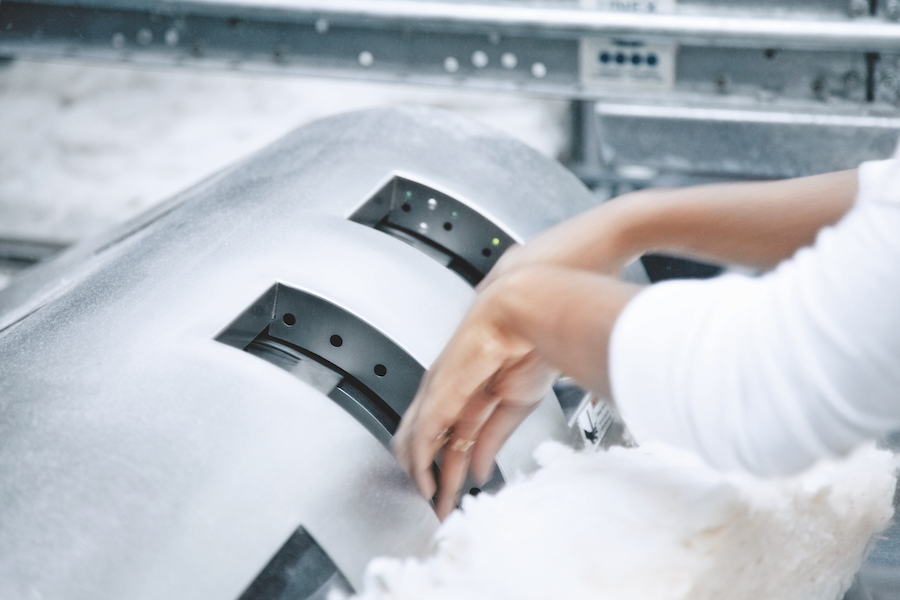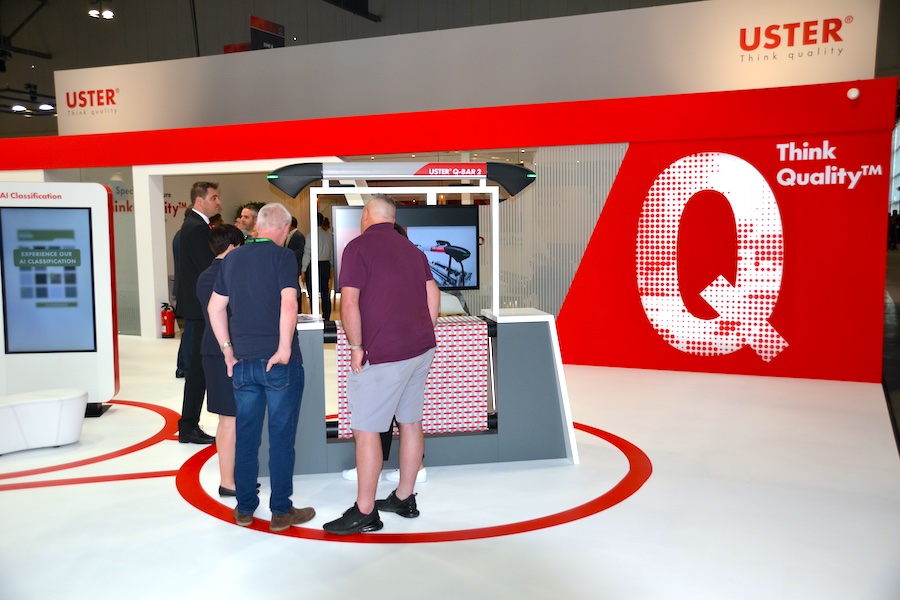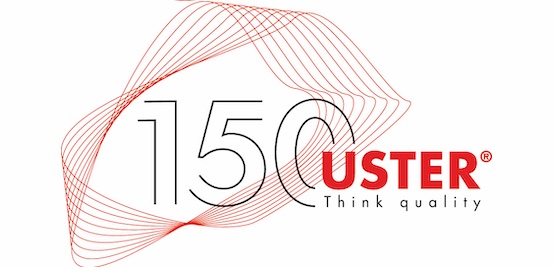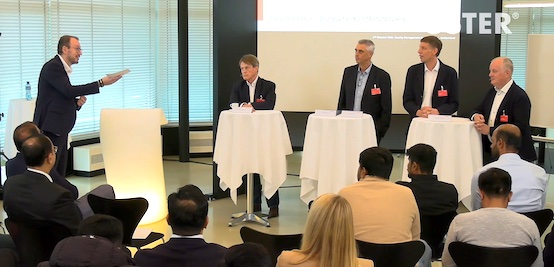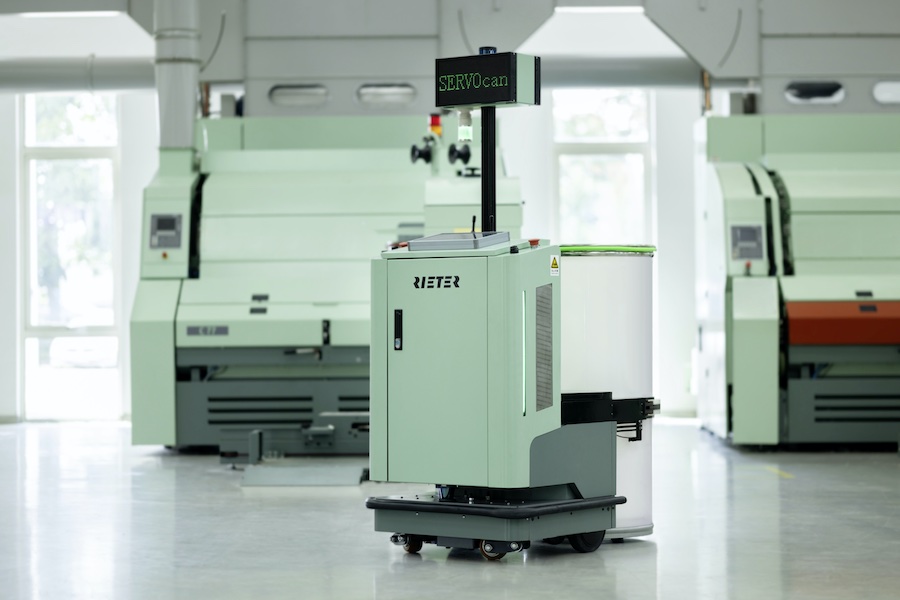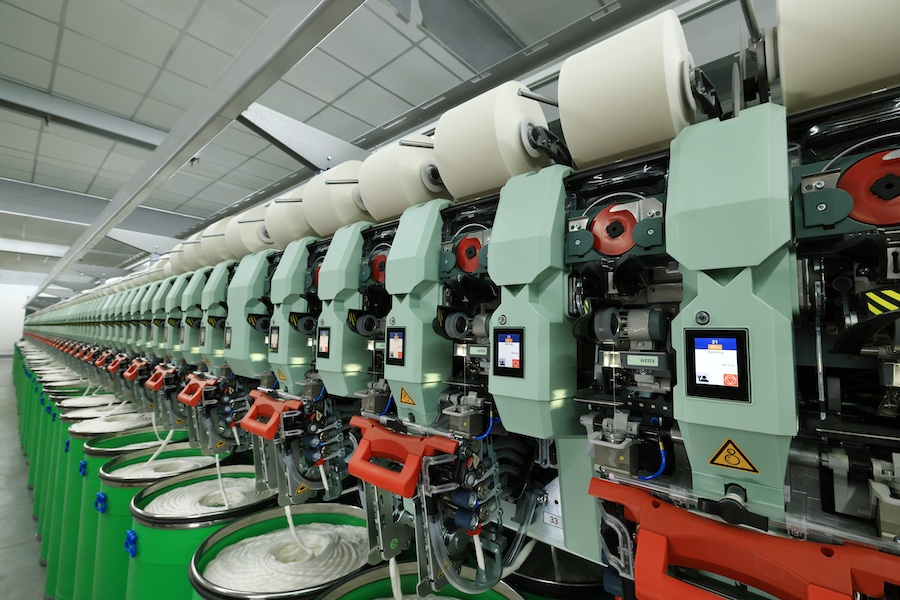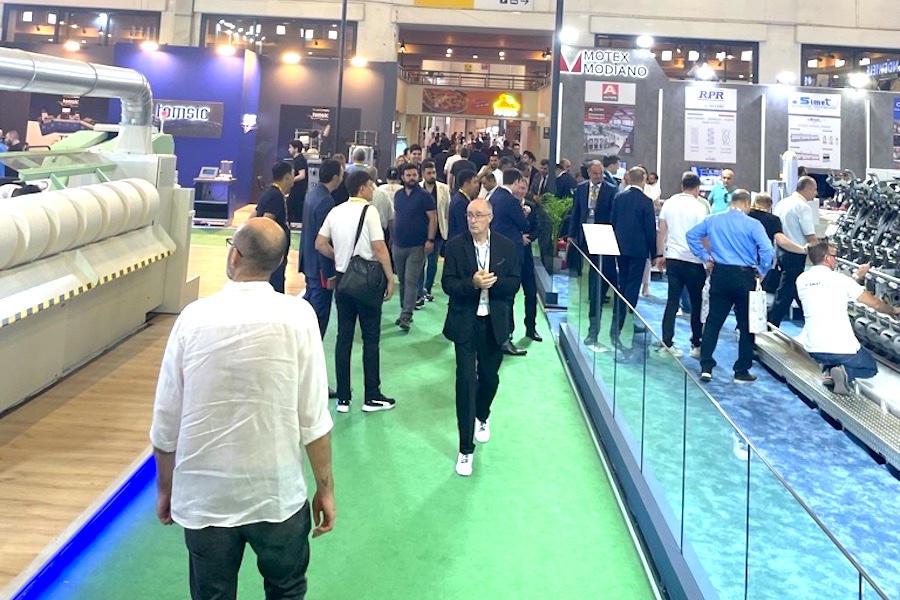#Spinning
Uster Tester – The foundation of global textile quality
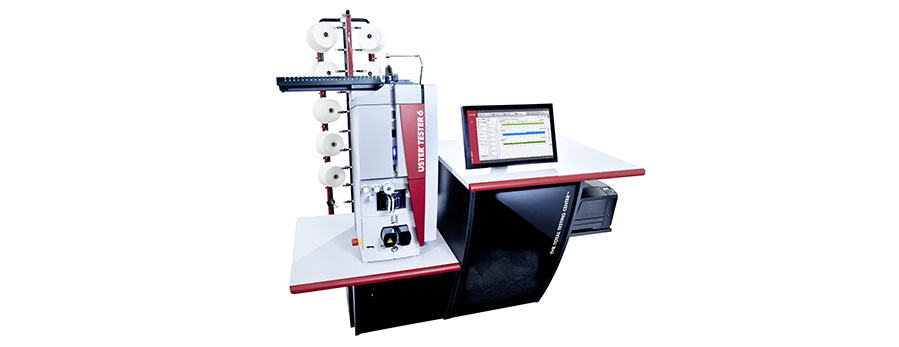
Celebrating 75 years of the world’s most famous instrument
It all started in the early 1940s, with a request from a group of spinners in Switzerland. They wanted a reliable way of measuring textile slivers, rovings and yarns for ‘evenness’. This property was – and still is – seen as critical to the uniformity, consistency and processability of materials, and the ultimate determinant of value and quality. The first instrumental method for evenness testing was developed for these spinners by Zellweger Uster, at that time a company active in the emerging field of electronics.
That company is known today at Uster Technologies, and it’s fair to say that every textile producer in the world knows the name of its most famous product, the Uster Tester. In fact, the word ‘Uster’ alone is used by textile mills to signify both the process of evenness testing, and the instrument itself. In the past 75 years, the Uster Tester has been developed and extended apace with fast-moving technological innovations. Measurement capabilities have extended with specially-developed sensors, and ingenious software. Connectivity with other Uster systems at every stage of processing has created a unique Quality Management Platform for the entire mill.
Setting global standards
The original tester is displayed in a museum on the top floor of Uster headquarters. It is, or course, manually operated, and outputs test results as a line on graph paper. This first venture into testing was based on a capacitive sensor and simple electronics. It was the precursor for gradual development stages over the next two decades, leading to the emergence in the 1970s of the name ‘Uster Tester’ and its rapid popularity across the textile world.
A key aspect for those early Swiss spinners was to learn more about their yarn quality, to improve it for their customers but also to benchmark their own standards against other producers. Giving quality a numerical value was a massive breakthrough, reflected today in the ‘language of quality’ used for marketing, trading and competitive progress today.
The concept of global benchmarking took a giant leap forward in 1957 with a short article in the German textile magazine Melliand, giving basic data on yarn quality from a number of spinners. The data was, of course, based on the Uster Tester, and the idea of a comprehensive service of quality information grew into the now-legendary Uster Statistics publications.
This detailed collation of accurate data from all around the textile world has become essential to the entire industry. It is the framework for meaningful fiber purchasing, yarn development and trading, now of course, available as an app for mobile devices. In an environment where speed and user-friendliness are vital, the latest Uster Tester interacts with Uster Statistics to provide a one-click check of yarn quality and specifications.
Managing the whole mill
It’s clear that the evenness tester will also continue to be the must-have laboratory testing instrument in its own right, whatever the benefits of its connectivity. Test conditions in the lab are more consistent than in the production halls, so results can be compared over time to establish a basis for best settings and procedures in mill equipment.
So, the Uster Tester has its place in every serious textile laboratory. But its modern role is much wider, thanks to seamless connectivity with other Uster testing and measuring instruments. Critically, it unites lab testing with in-process monitoring, by intelligent cooperation with Uster yarn clearers in the winding department.
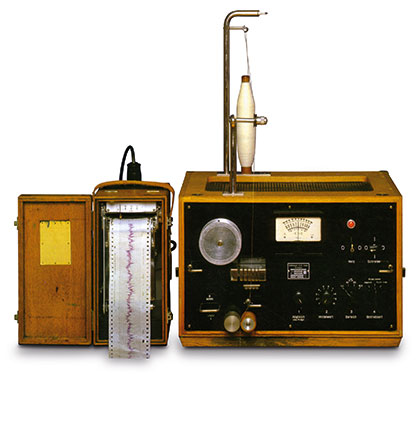
Through the Uster Quality Expert, and the unique ‘Assistant Q’ guidance facility, mills now have the benefit of ‘Total Testing’. This delivers effective and preventive process optimization, with smart alerts pointing instantly to potential trouble spots in the entire process. Integration between 100% in-process monitoring and precise lab measurement ensures quality is secured at the right level every time.
Spinners today have the power to analyze every element of their processes and select the best options for their own profitability and their customers’ complete satisfaction. In one system, fiber, yarn and fabric quality are optimized and secured. Thanks to the Uster Tester and Uster Quality Expert, mills can rely on a world-class Quality Management Platform that takes their business planning from imperfect approximation to guaranteed certainty…ready for the next 75 years.



